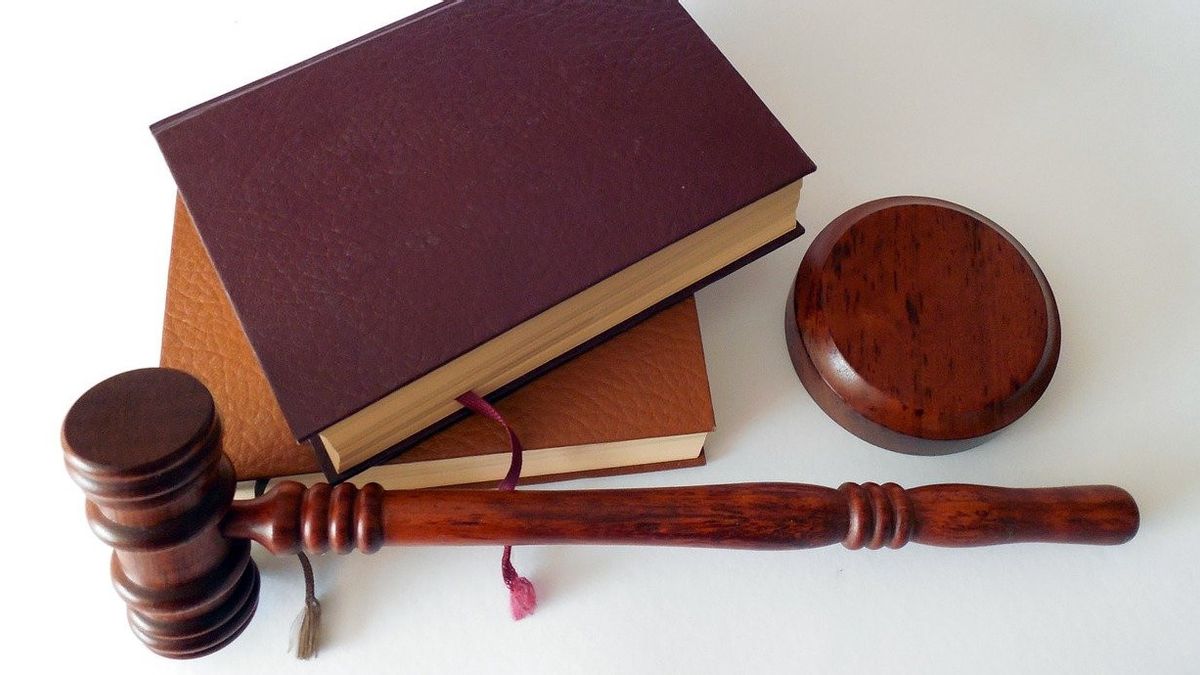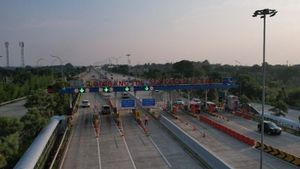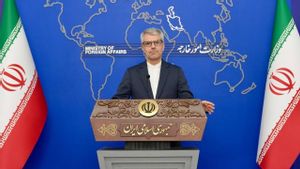JAKARTA - The discourse of the death penalty for corruptors promoted by the Attorney General ST Burhanudin has led to various polemics from various parties. Djoko Sukisno, a legal expert and academic at Gadjah Mada University, also spoke up.
"Although the death penalty is permitted according to Article 2 paragraph (2) of the Anti-Corruption Law, the explanation must also be observed," said Djoko in his statement, Monday, December 6.
"As it is known that the death penalty for corruptors has been regulated in Article 2 paragraph (2) of Law No. 31 of 1999 concerning the Crime of Corruption. The sentence is part of Article 2 paragraph (1) which regulates acts of enriching oneself and others who can However, it is necessary to be careful in interpreting Article 2 paragraph (2) of the law which reads 'In the event that a criminal act of corruption as referred to in paragraph (1) is committed under certain circumstances, the death penalty may be imposed', because it must also look at the explanation of the verse," he added.
Djoko further explained, as explained in his explanation, what is meant by 'certain circumstances' in this provision are intended to be a burden for perpetrators of criminal acts of corruption if the crime is committed when the country is in a state of danger in accordance with applicable laws, when a natural disaster occurs. nationally, as a repetition of criminal acts of corruption, or when the country is in a state of economic and monetary crisis.
According to him, the sentence that mentions the word 'repetition' begins with a comma. Then the clause can be interpreted as standing alone and not related to the clauses before and after it.
"Therefore, the sentence can mean someone who has been sentenced to a criminal act of corruption and then after leaving he commits another crime of corruption. So that person deserves to be prosecuted for the death penalty because it is considered not a deterrent to the sentence that has been imposed on him," he insisted.
Regarding the discourse on the death penalty for the defendants Jiwasraya and Asabri, it is also necessary to examine once again whether any of them are recidivist or people who have been convicted and committed the same crime.
"Then what about the tempus delicti, whether the country is in a state of natural disaster or in a state of monetary crisis. Remember, the tempus delicti is the time when an offense or criminal act occurs, not the trial," he said.
Previously, Attorney General Sanitiar Burhanuddin echoed the discourse of the death penalty for convicts of corruption. His party, will open up space for discourse in scientifically and more deeply to be able to apply the toughest criminal sanctions for corruptors.
In an effort to eradicate corruption, in addition to preventive efforts, firm repressive efforts are also needed as a deterrent effect. According to him, the Attorney General's Office has made various efforts to create a deterrent effect.
The preventive efforts made in the prosecution include imposing heavy demands according to the level of crime, changing the approach pattern from follow the suspect to follow the money and follow the asset.
Then, impoverishment of corruptors by confiscation of corruptor's assets through asset tracing, so that law enforcement is not only punishing the body but also how to maximize state financial losses that can be recovered.
Furthermore, the application of the justice collaborator which is carried out selectively to find other perpetrators, conduct civil lawsuits against perpetrators who have died or been released but in fact there have been state financial losses.
He feels that these efforts are not enough to reduce the quantity of corruption crimes. Therefore, the Attorney General's Office feels the need to make a legal breakthrough by implementing the death penalty.
"Studies on the implementation of the death penalty, especially for perpetrators of criminal acts of corruption, need to be deepened together. This is considering that there has not been a single decision that has implemented this punishment since Law Number 31 of 1999 concerning Eradication of Corruption Crimes as amended by Law No. -Law Number 20 of 2001 concerning Amendments to Law Number 31 of 1999 concerning the Eradication of Criminal Acts of Corruption (hereinafter referred to as the Law on the Eradication of Criminal Acts of Corruption). The existence of strict and harsh criminal sanctions has a very important role in the process of eradicating corruption in order to present a deterrent effect," concluded Burhanuddin.
The English, Chinese, Japanese, Arabic, and French versions are automatically generated by the AI. So there may still be inaccuracies in translating, please always see Indonesian as our main language. (system supported by DigitalSiber.id)













